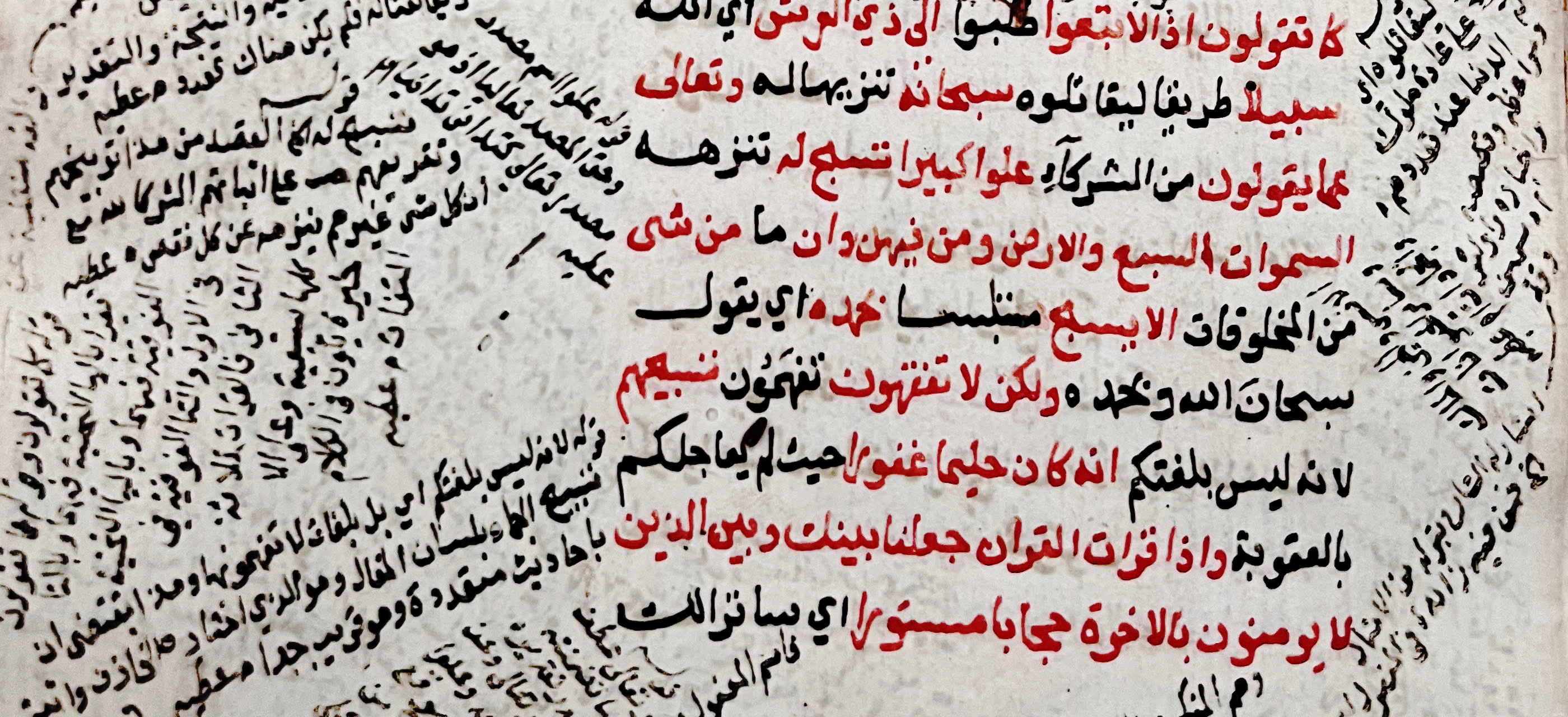Negotiating the Racial Boundaries of Khōjā Caste Membership in Late Nineteenth-Century Colonial Zanzibar (1878–1899)
Contenu
- Titre
- Negotiating the Racial Boundaries of Khōjā Caste Membership in Late Nineteenth-Century Colonial Zanzibar (1878–1899)
- Créateur
- Akhtar, Iqbal Voir tous les contenus avec cette valeur
- Date
- 2014
- Dans
- Journal of Africana Religions Voir tous les contenus avec cette valeur
- Résumé
- This article explores late nineteenth-century identity formation and caste boundaries among the Khōjā of colonial Zanzibar. The central concern regarding children born to a non-Khōjā parent was what status, particularly regarding rights of inheritance, the multiracial children born of these relationships had within the caste structure. The case of Nasur Jesa v. Hurbayee suggests that the attitude toward these children was inconsistent; sometimes they were embraced, and at other times they were shunned by the Khōjā community. The Khōjā caste schism in the late nineteenth century and the arrival of Aga Khan III in 1899 further complicated the practice of exogamy. The Sunni and Ithnā ʿAsharī Khōjā further opened their communities through exogamy and continued the practice of plural marriage. At the same time, a command from Aga Khan III to the Āgākhānī Khōjā led to the reinstatement of traditional caste endogamy and a prohibition of interracial marriage. Therefore, both the demographic realities of Zanzibar and the politics of caste affected how the Khōjā interacted with multiracial members of their community and whether they included or excluded them within the caste structure.
- Sujet
- Zanzibar Voir tous les contenus avec cette valeur
- Langue
- eng
- volume
- 2
- numéro
- 3
- pages
- 297-316
- doi
- 10.5325/jafrireli.2.3.0297
- issn
- 21655405
Akhtar, Iqbal, “Negotiating the Racial Boundaries of Khōjā Caste Membership in Late Nineteenth-Century Colonial Zanzibar (1878–1899)”, 2014, bibliographie, consulté le 5 février 2025, https://ibadica.org/s/bibliographie/item/6143
Position : 35267 (1 vues)

